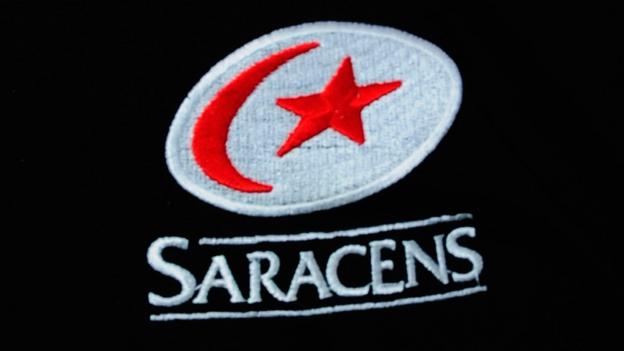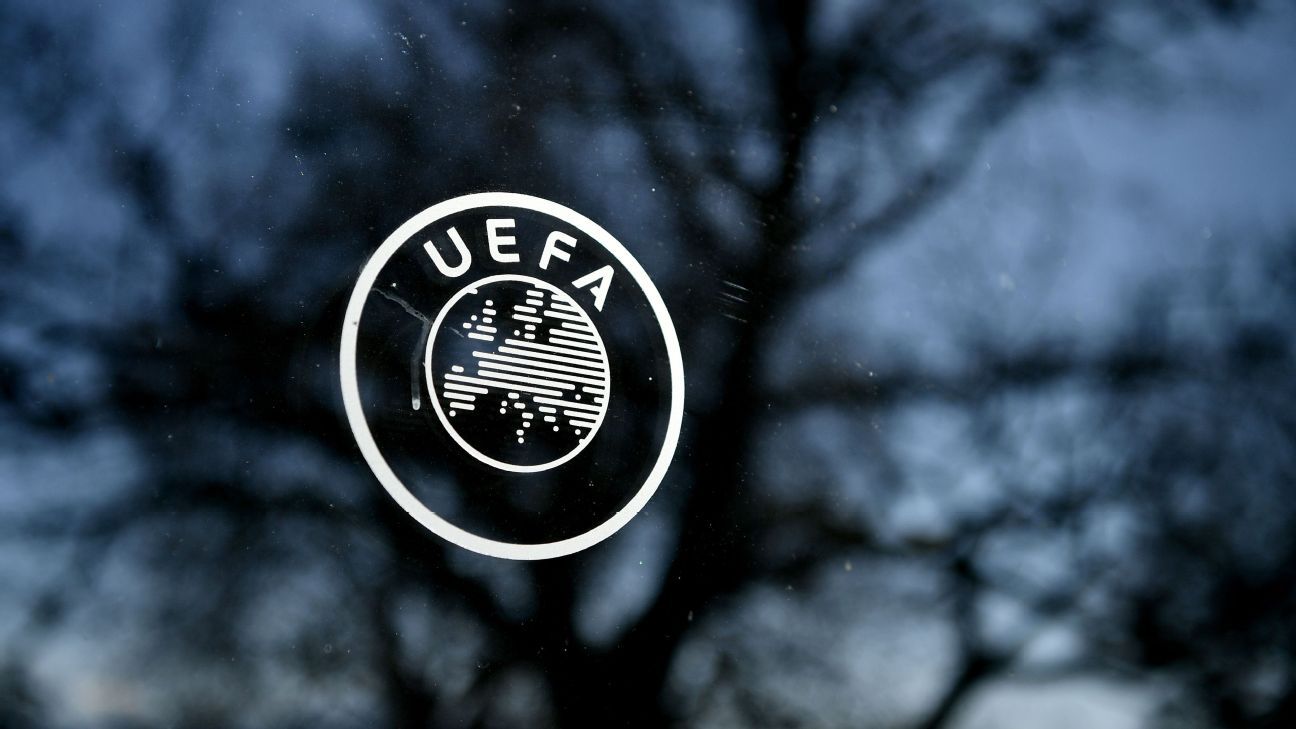
What is going on with Saracens, one of England's most successful rugby union clubs?
In the past five years no one has been better, with Sarries winning England's Premiership four times and being European champions three times.
Six Saracens players started for England in the Rugby World Cup final defeat by South Africa in November, including captain Owen Farrell.
But the north London club were hit by a massive fine and points deduction late last year for breaking salary cap rules - and unless they can prove within a few days that they are under the salary cap for this season, they face relegation from England's top flight.
What's the background?
In November Saracens were given a 35-point deduction and a £5.4m fine for breaching salary cap regulations for the previous three seasons.
Initially, the club insisted they had done nothing wrong and said they would appeal - this was later withdrawn and the punishment accepted.
However, it was not until Nigel Wray resigned as chairman and Edwards Griffiths returned as chief executive that the club admitted culpability and announced plans to trim down their squad in order to comply with the cap this season.
Was the punishment fair?
While the fine and points deduction was unprecedented - and according to some draconian - others feel Saracens should have been punished more severely.
Automatic relegation or a stripping of titles was not in the regulations, and therefore not a realistic sanction, but Sarries were found to have twice been more than £650,000 over the cap limit.
This could have led to two separate 35-point deductions - a total of 70 points. However, the panel decided to run the sanctions concurrently.
Have Saracens released any players this season?
Despite Griffiths' intentions, no players have yet left Saracens, either permanently or on loan.
Saracens are thought to have exceeded the cap by well in excess of £1m last season, and other Premiership clubs have been determined to see the champions make major changes to their operation this campaign.
However, simply terminating players' contracts would be difficult, with any compensation paid out also counting towards the cap.
Put simply, Saracens are on the way to breaking the rules again. While one solution would be the players taking a pay-cut across the board, there are no indications yet that this is happening.
How have the other clubs reacted?
Exeter have been the most vocal opponents, not surprisingly given how they have lost three Premiership finals in recent seasons to the men in black.
Shortly after Christmas, the Chiefs beat Sarries in an ill-tempered clash at Sandy Park, with director of rugby Rob Baxter strongly criticising the Londoners in an interview with BBC 5 Live after the game - claiming their cheating had had an impact on others' livelihoods.
On Tuesday 14th January, Premiership bosses met in London at a board meeting. Given Saracens had not been able to show evidence they were going to comply with the cap this season, it was decided they should face further punishment - which would lead to automatic relegation.
What would happen in the event of relegation?
Saracens' situation is complicated by Wray's retirement as chairman and resignation from the board. He has financed Saracens for decades, reclaiming full control in April 2018. Although Wray's family remain heavily involved, it isn't clear what long-term plans they have for the club.
While Sarries would remain Premiership shareholders, relegation for the club would be potentially disastrous, and could lead to regrettable redundancies on the non-playing side.
As for the impact on the playing squad….
What would happen to the players in the event of relegation?
While relegation would almost certainly lead to the break-up of the star-studded squad, it is a complicated situation.
Unlike in football, where there isn't a salary cap and there are set transfer windows, rugby clubs tend to finalise their squads for the new season at the start of the calendar year.
While some clubs may have room in the cap for a big name who suddenly becomes available, many will now have started to finalise their playing group for the 2020-2021 season.
So either Saracens' players go onto the market as free agents, or they take considerable pay cuts elsewhere, or they stay at Sarries - especially as it's unlikely they would have relegation clauses in their contracts.
Like with Mark Wilson and Newcastle, season-long loan deals are likely, while players moving abroad is another option. However, French clubs also have salary cap restrictions, many Pro 14 sides are not flush with extra money, and operating overseas would mean players wouldn't be eligible to play for England because of Rugby Football Union regulations.
Could England players play in the Championship?
Yes. There are no rules precluding selecting Championship players for England. While playing a significantly poorer standard of rugby in the second tier would be far from ideal preparation for international rugby - let alone the Lions in 2021 - there could even be benefits for the national side. For example, if a star name stays at Saracens in the event of relegation, he may be able to focus more on being fit and available for England, without the week-to-week grind of Premiership and Champions Cup action.
Can Saracens play in the Champions Cup if relegated?
No. While the winners of the Champions Cup qualify for next season's tournament - and Saracens are still in contention - European organisers have confirmed to the BBC that only teams from the Premiership, Top 14 and Pro 14 are eligible to play in European competitions. The only exceptions are the teams from emerging nations who play in the Challenge Cup.
What happens now?
Premiership Rugby has yet to officially comment, while at the time of writing Saracens insist they are still working towards finding a solution.
Either way, this episode will serve as a line in the sand. An independent review into the salary cap regulations - conducted by former government minister Lord Myners - is already under way.
This episode has not just hit the integrity of Saracens as a club - but the Premiership as a whole.















 Phone: (800) 737. 6040
Phone: (800) 737. 6040 Fax: (800) 825 5558
Fax: (800) 825 5558 Website:
Website:  Email:
Email: 






